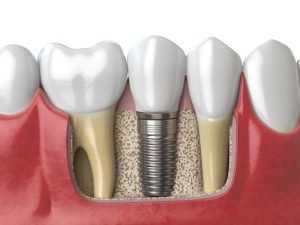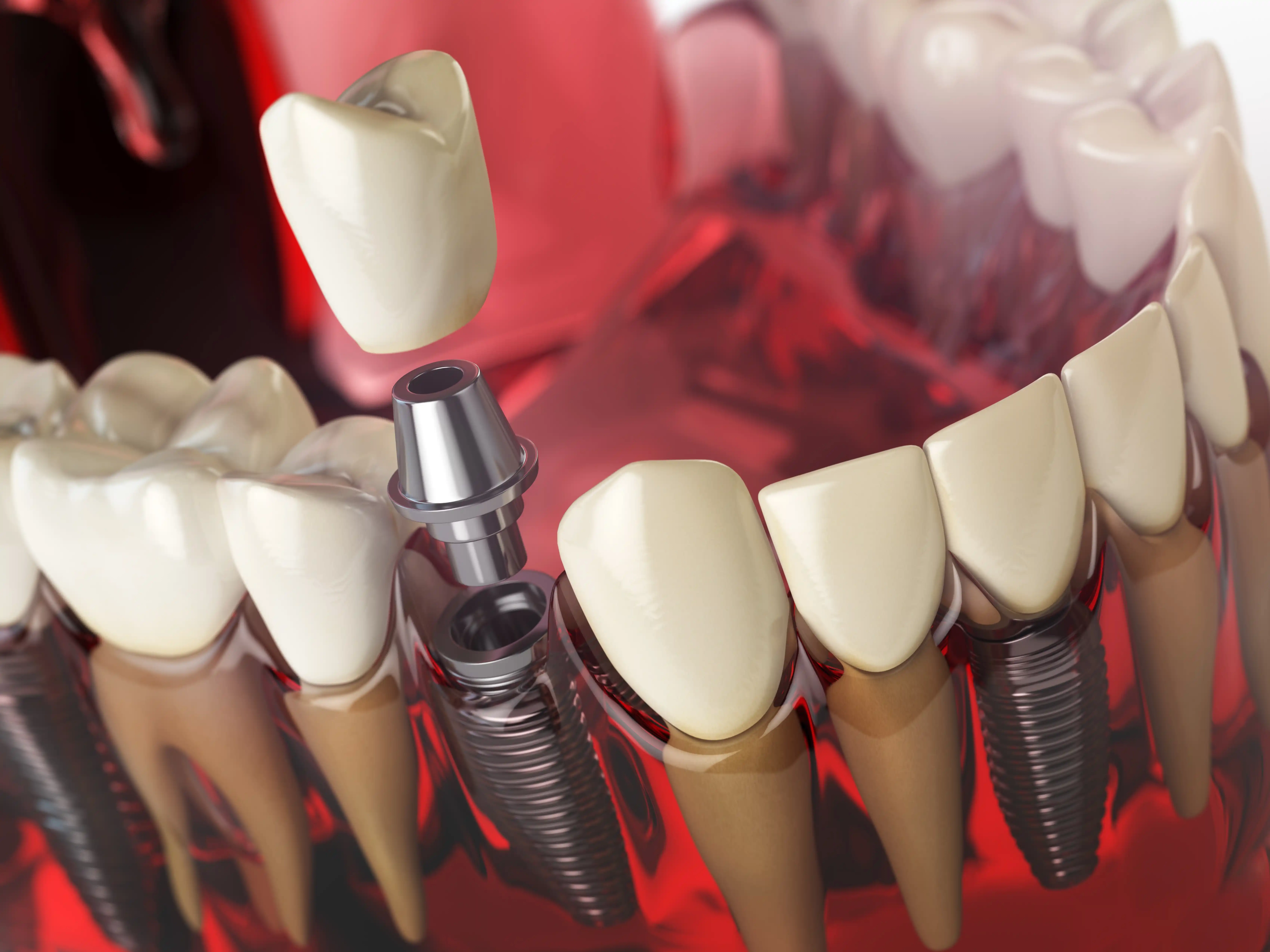Introduction
In the realm of dental implants, patients are often presented with an array of options, each with its own set of characteristics and advantages. The distinction between Turkish and German dental implants is a topic that warrants exploration, as it can significantly impact the patient’s treatment journey.
What are dental implants?
Dental implants serve as a revolutionary solution for replacing missing teeth, offering stability and functionality akin to natural teeth. The choice between Turkish and German implants involves various factors, including materials, technology, and the patient’s unique oral health needs.

Why Turkish Dental Implants?
Turkish dental implants have gained recognition for their innovative designs and cost-effectiveness. These implants often incorporate cutting-edge technologies, and the Turkish dental industry has made substantial strides in research and development. For patients seeking high-quality implants without breaking the bank, Turkish options can be an appealing choice.
Why German Dental Implants?
German dental implants, renowned for their precision and engineering excellence, uphold a long-standing reputation for quality. German manufacturers adhere to strict regulations and utilize advanced technologies in implant design and production. Patients opting for German implants benefit from meticulous craftsmanship and a legacy of reliability.
Which Dental Implant is better – Turkish or German?
Navigating the Decision-Making Process
- Bone Levels and Density:
- Both Turkish and German implants can be suitable for patients with adequate bone levels. However, those with lower bone density might find German implants preferable due to their precision engineering and materials.
- Budget Considerations:
- Turkish implants offer a cost-effective solution without compromising quality. Patients with budget constraints may find Turkish implants to be a financially prudent choice.
- Technological Advancements:
- Turkish implants embrace the latest technological advancements, making them suitable for patients who value innovation. German implants, with their engineering precision, are favored by those who prioritize a legacy of reliability.
- Case-Specific Considerations:
- Comprehensive assessments, including bone levels, overall health, and treatment goals, are crucial. In cases where bone augmentation or complex procedures are needed, the decision may lean towards German implants.

Conclusion
Choosing between Turkish and German dental implants ultimately boils down to individual circumstances. A thorough consultation with a qualified oral surgeon or implantologist is paramount. By assessing factors like bone levels, density, and budget constraints, patients can make informed decisions that align with their unique oral health needs.
In the global landscape of dental implants, the Turkish-German choice is not a matter of one being superior to the other. Instead, it’s about matching the right implant to the right patient, ensuring a successful and lasting solution for tooth restoration.
Disclaimer: The content on this blog is intended for general informational purposes only. It is not a substitute for professional medical advice, diagnosis, or treatment. Always consult qualified healthcare providers for personalized advice. Information regarding plastic surgery, dental treatment, hair transplant, and other medical procedures is educational and not a guarantee of results. We do not assume liability for actions taken based on blog content. Medical knowledge evolves; verify information and consult professionals. External links do not imply endorsement. By using this blog, you agree to these terms.





